Your HVAC system runs year-round, day and night. At that pace, it won’t last forever. The average lifespan of an air conditioner is about 10 to 15 years, and furnaces usually last about 20. If you stay in one home for long enough, system replacement is inevitable. Make sure you take excellent care of it and it will take care of you. Let JC Mechanical take these worries off you!
It’s also one of the more expensive home maintenance tasks you’re likely to face as a homeowner, so you’re going to want to delay that inevitability as long as possible. And since replacing a broken HVAC system isn’t one of those jobs you can put off until a rainy day, it’s important to have a plan to replace your system before it breaks down for good.
Extending the Lifespan of your HVAC System
If you’re good to your HVAC system, it will be good to you. It’s not unheard of for air conditioners and furnaces to last for many years beyond their average lifespans. But even a long system life can come with its own costs.
As your equipment ages, even if it’s well cared for, it will suffer reduced energy efficiency. This will cause your utility bills to gradually creep up. All individual parts will all meet their maker at some point, so you’re likely to spend more on emergency repairs once your system reaches its golden years or sometimes even before if the proper maintenance hasn’t been performed.
What’s more, while your system is giving you all those years of great service, HVAC technology is always on the march. By the time you’re ready for replacement, the latest HVAC systems will inevitably be more efficient than your old system was when it was brand new — and the difference could be significant.

1. Schedule a spring and fall tune up.
HVAC systems aren’t particularly high maintenance, but that doesn’t mean routine maintenance isn’t important. Your air conditioner and furnace should both be inspected, cleaned and tuned up twice every year. It’s best to schedule your air conditioner service in spring and your furnace service in late summer or early fall — that way, your system will be optimized for efficiency the first day you need it, and if a serious problem is discovered, you can deal with it before it comes time to switch systems.
Tune ups typically include a thorough inspection and lubrication of all moving parts, condenser cleaning, clearing buildup out of the condensate drain tube, checking electrical components, checking refrigerant levels, calibration of the thermostat, look for any air for obstructions, cleanliness of the duct work , checking the heat exchanger for cracks and other tasks that make your system safer, more efficient and longer-lasting.
2. Change the filter regularly.
JC Mechanical will check your filters during your twice-annual checkups, this task is really up to the homeowner. These should be checked regularly. If they’re seriously dirty, they should be replaced, even if it’s ahead of schedule. A dirty air filter means that your HVAC system has to work harder to circulate air throughout your home. This can be especially hard on the fan, but the whole system can suffer when it can barely breathe. JC Mechanical can replace your filters upon request at an additional cost.
3. Use the “on” or “circulate” fan setting.
4. Check on your condenser.
Somewhere outside your home is your air conditioner’s condenser, which is built to stand up to the elements. It can, however, become damaged from hail or windblown debris from severe storms. Every once in a while, and especially after every major storm, look over your condenser for signs of damage.
While you’re at it, be sure to clear away any accumulation of leaves or weeds on or around the condenser. If vegetation is growing right next to the unit, cut it down. Your condenser needs room to breathe, too.
5. Upgrade your insulation.
The less often your HVAC system runs, the longer it will last. And in the struggle to keep your treated air inside your home, insulation is your best friend. Check for drafts around windows and door.

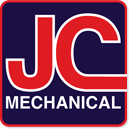

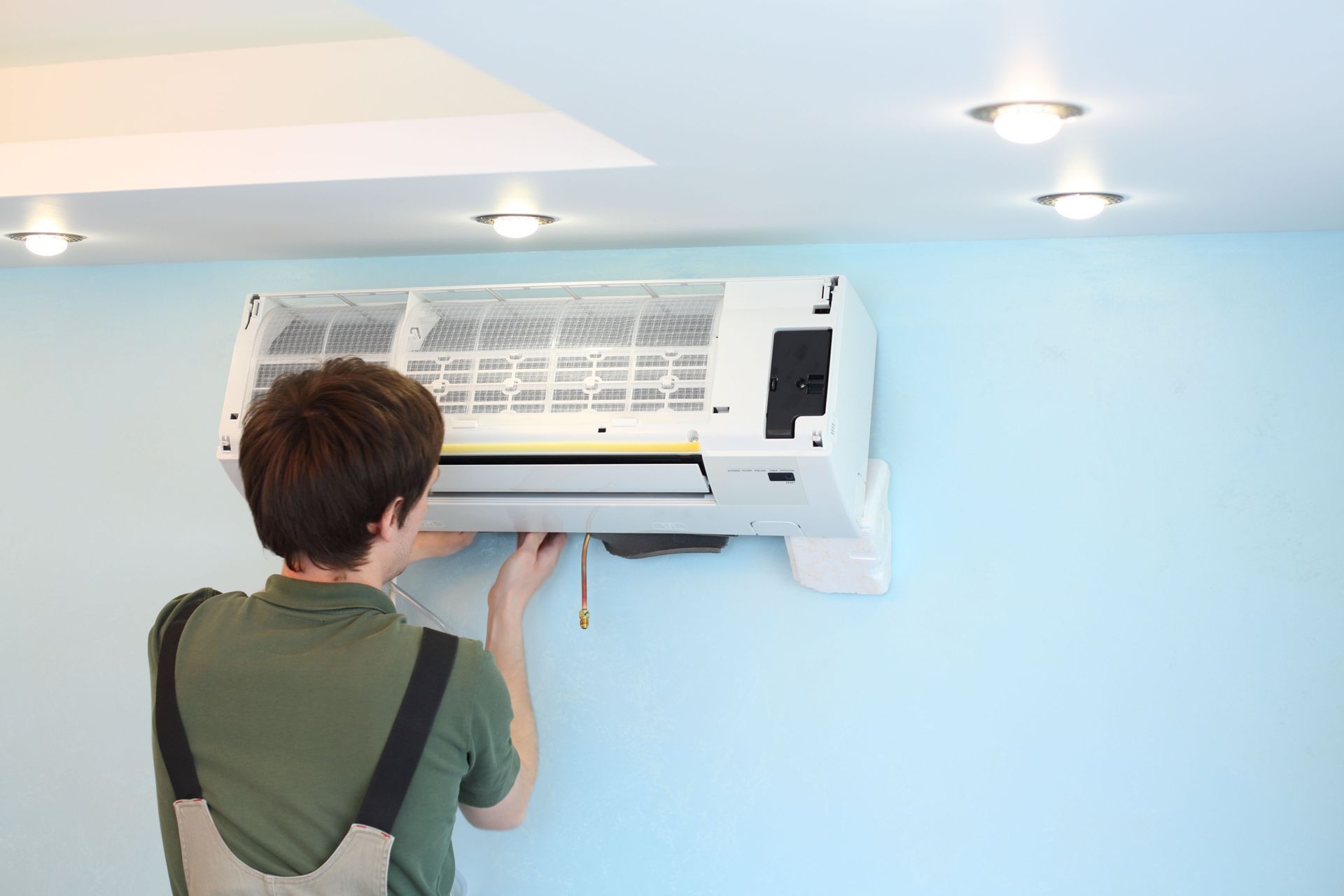
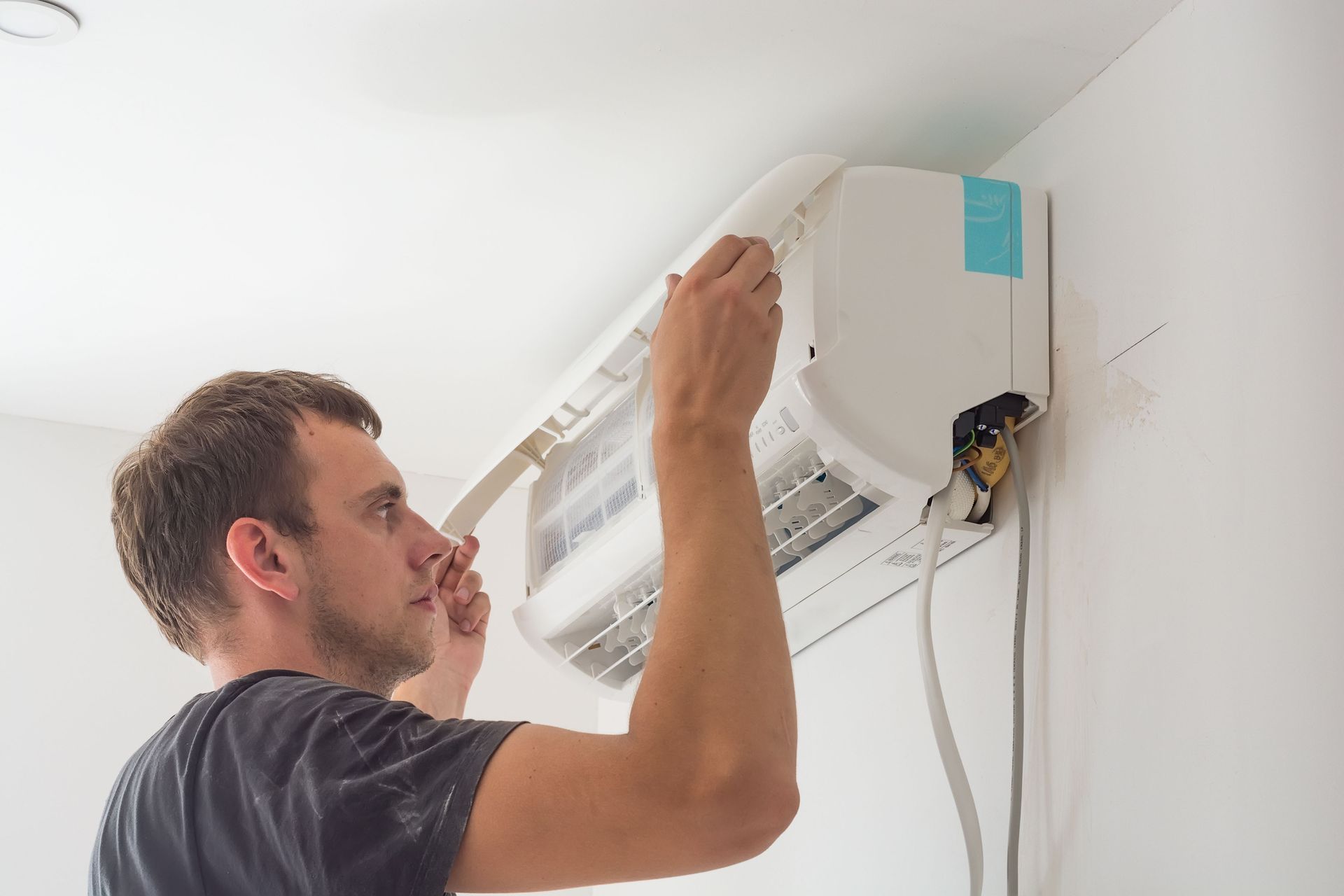
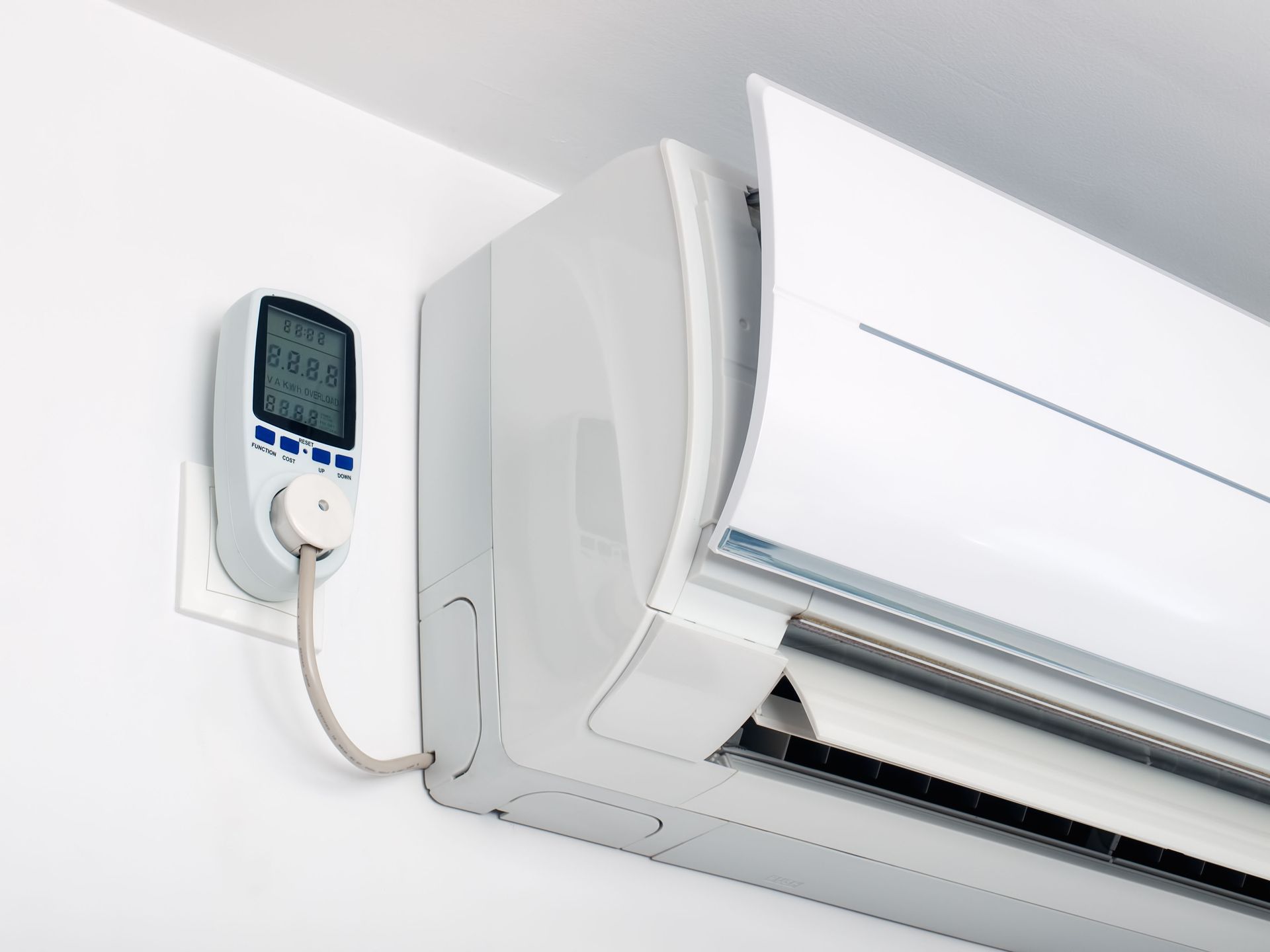
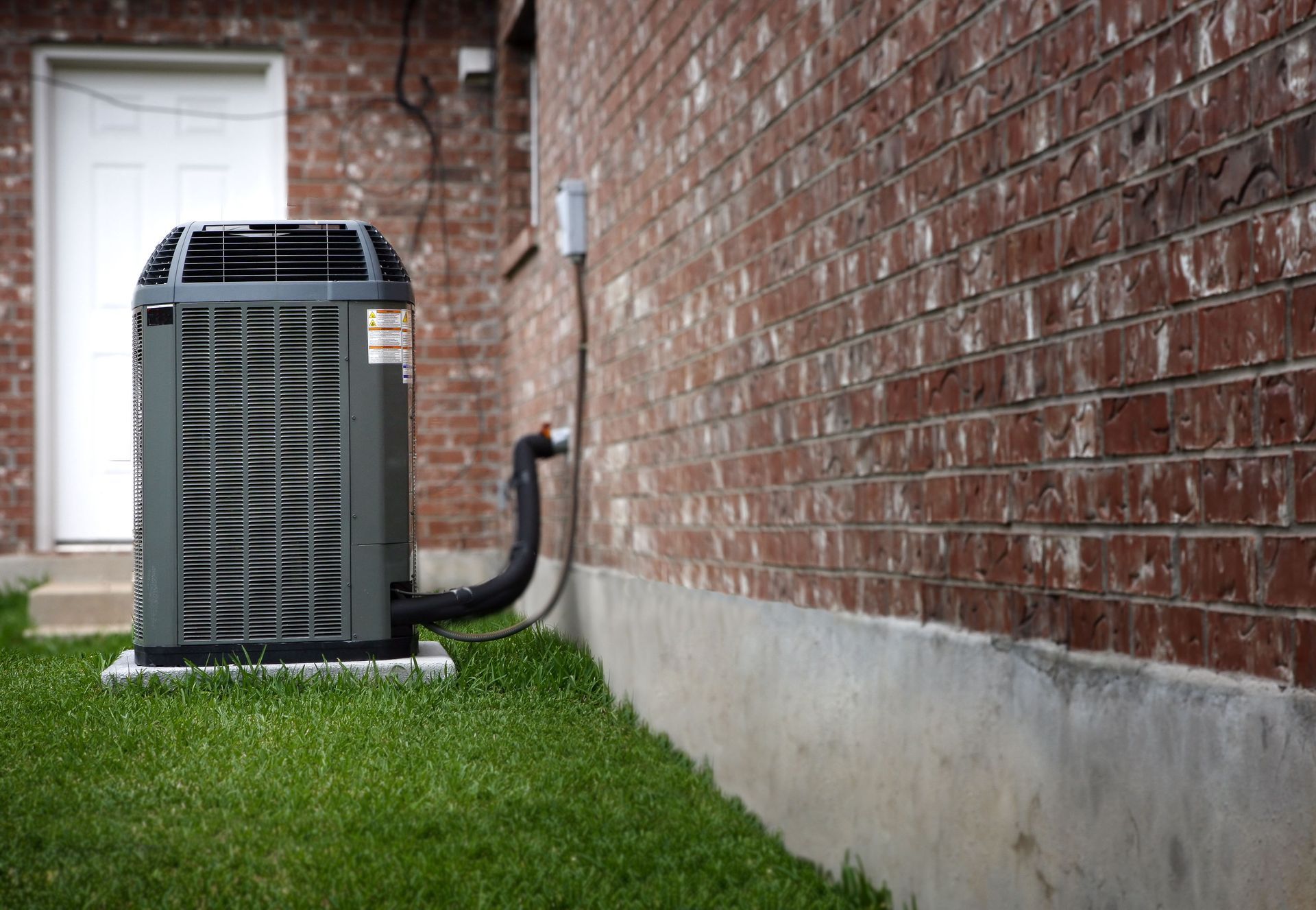
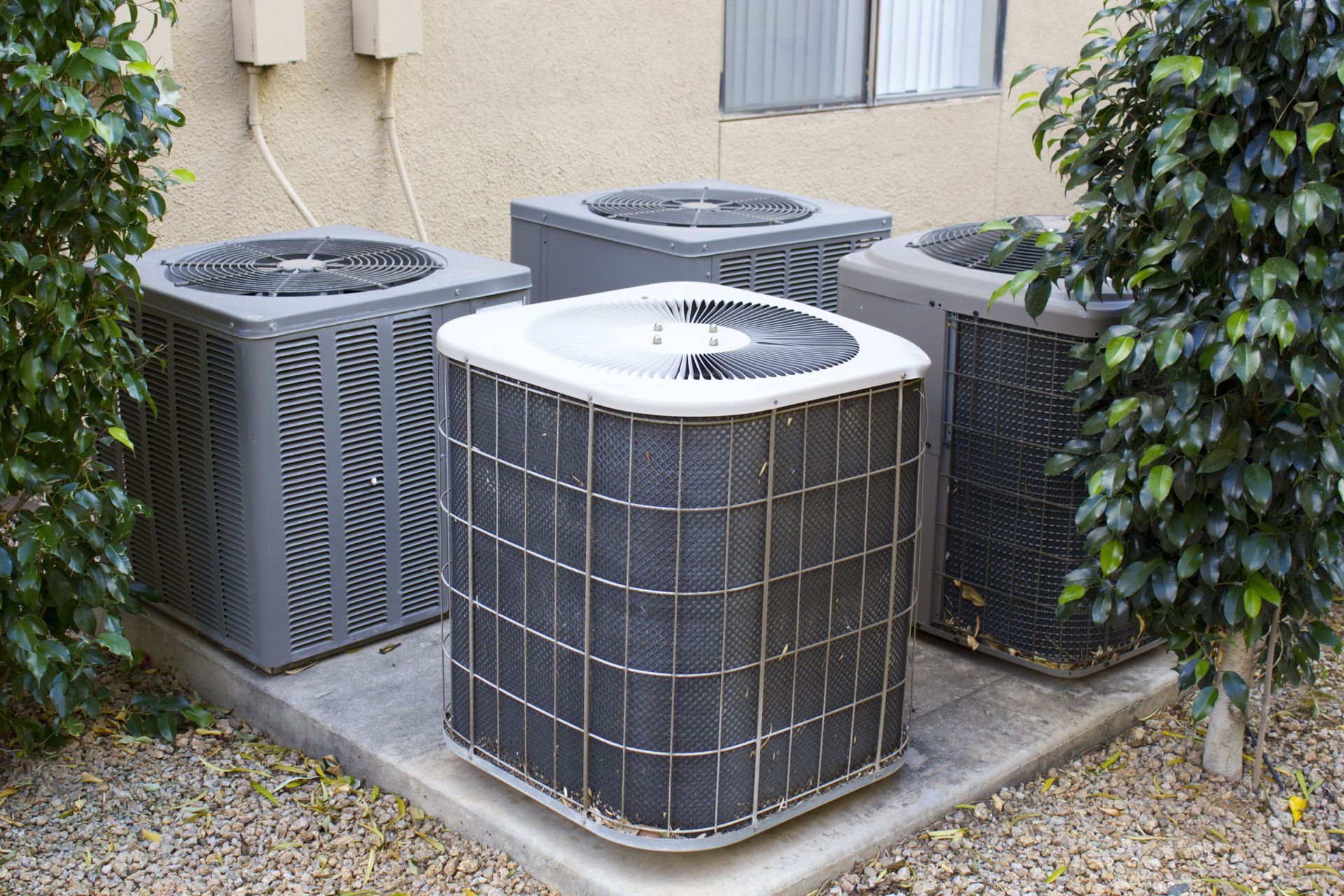
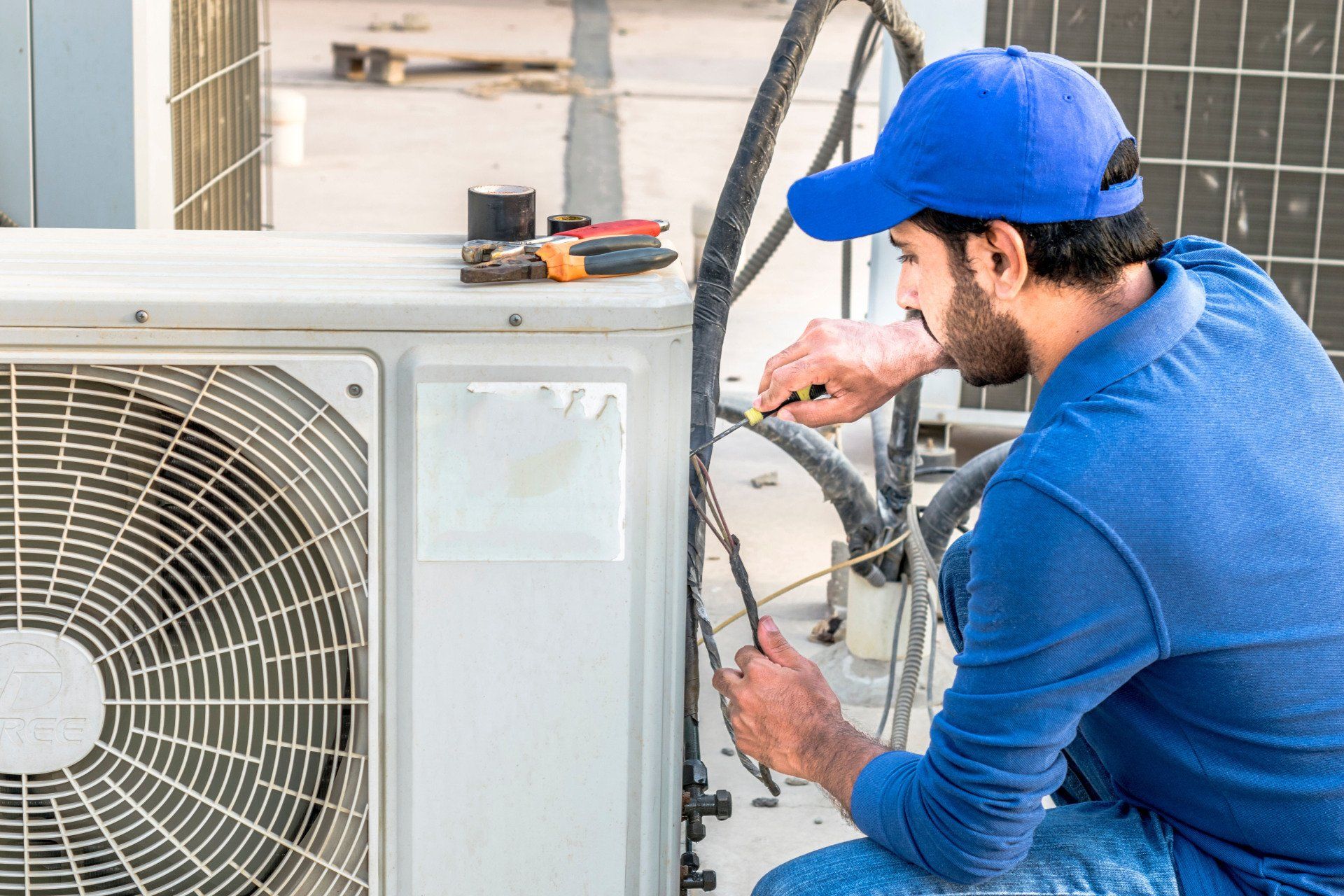





Share On: